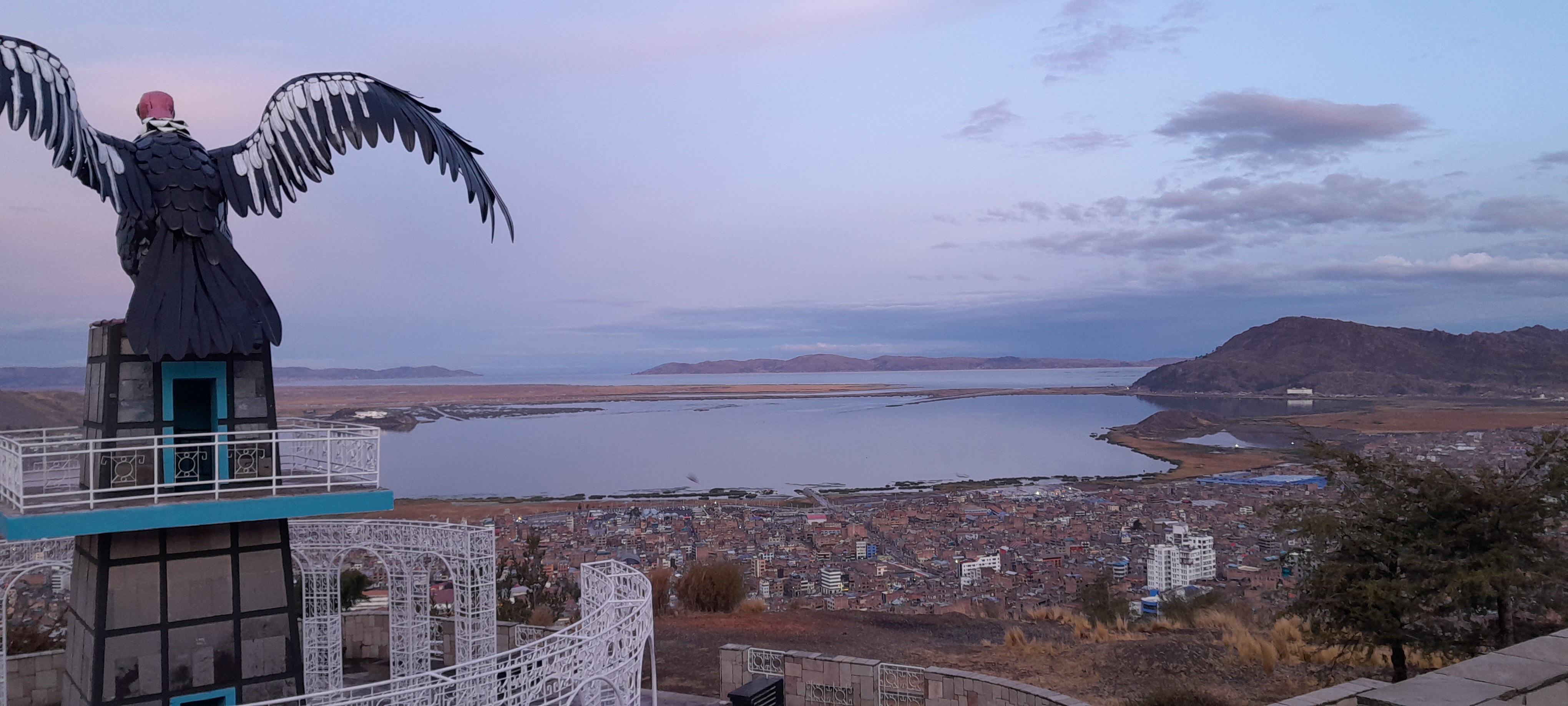
This seminar provides students with the opportunity to integrate aspects of their learning throughout the anthropology curriculum in ways that further intellectual engagement with a particular topic that is simultaneously broad in intellectual appeal while specific enough to lend itself to the kind of fine-grained analysis typical of anthropological inquiry across the subfields of the discipline. This semester’s topic is centered on how people conceptualize human relationships in place and the practical implications of such conceptualizations for the way in which people shape the places which they inhabit. In fact, the relationship between space and place is more dialectical than it might appear at first glance, and considerable time in the course will be spent on defining the relationship between the two terms with the intent of more clearly defining the nature of constructed environments and how spatial conceptualizations and the meanings inscribed in particular places vary cross-culturally. Insights from other disciplines, especially human geography, will enhance our consideration of themes such as discourses on the environment and landscape, the diverse the nature of community, the implications of cosmovision for the construction of place, space as a marker of scale in the analysis of how humans are in-place or out-of-place in a globalized or transcultural sense, and the manner in which places are reconstituted in response to tragedy or in the wake of disasters such as Hurricane Katrina in the search for social or climate justice.
- Teacher: Matt Samson
